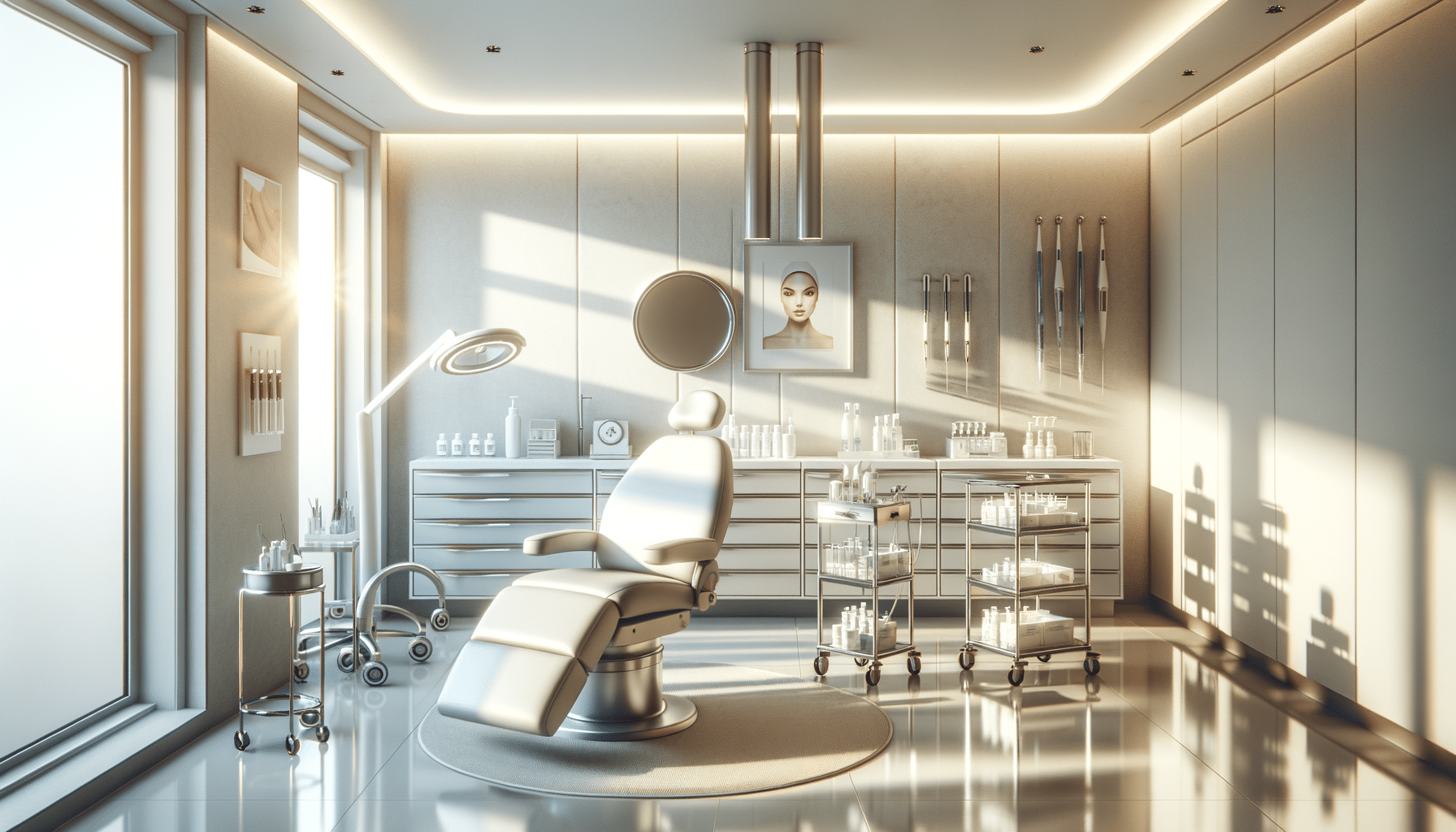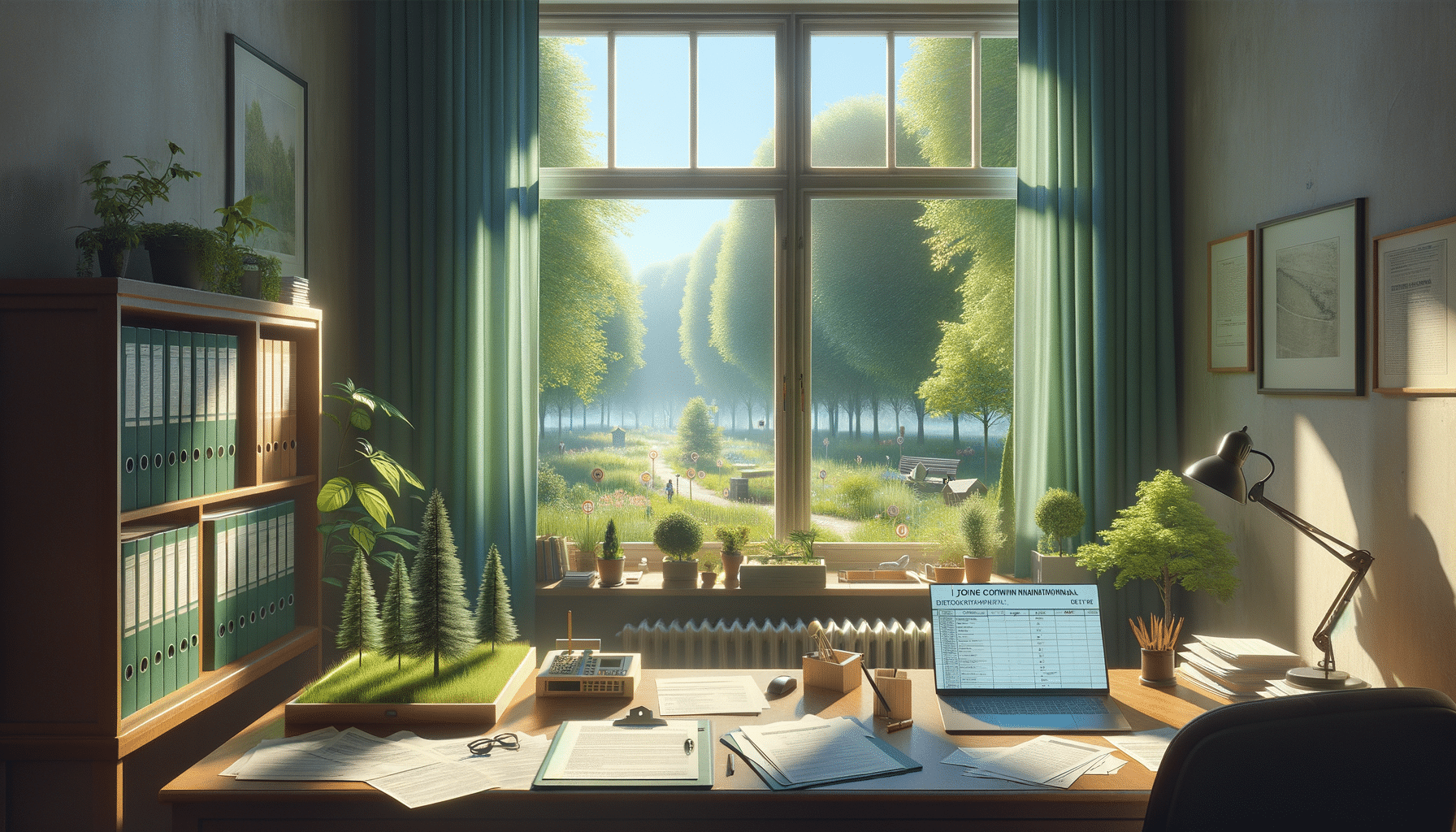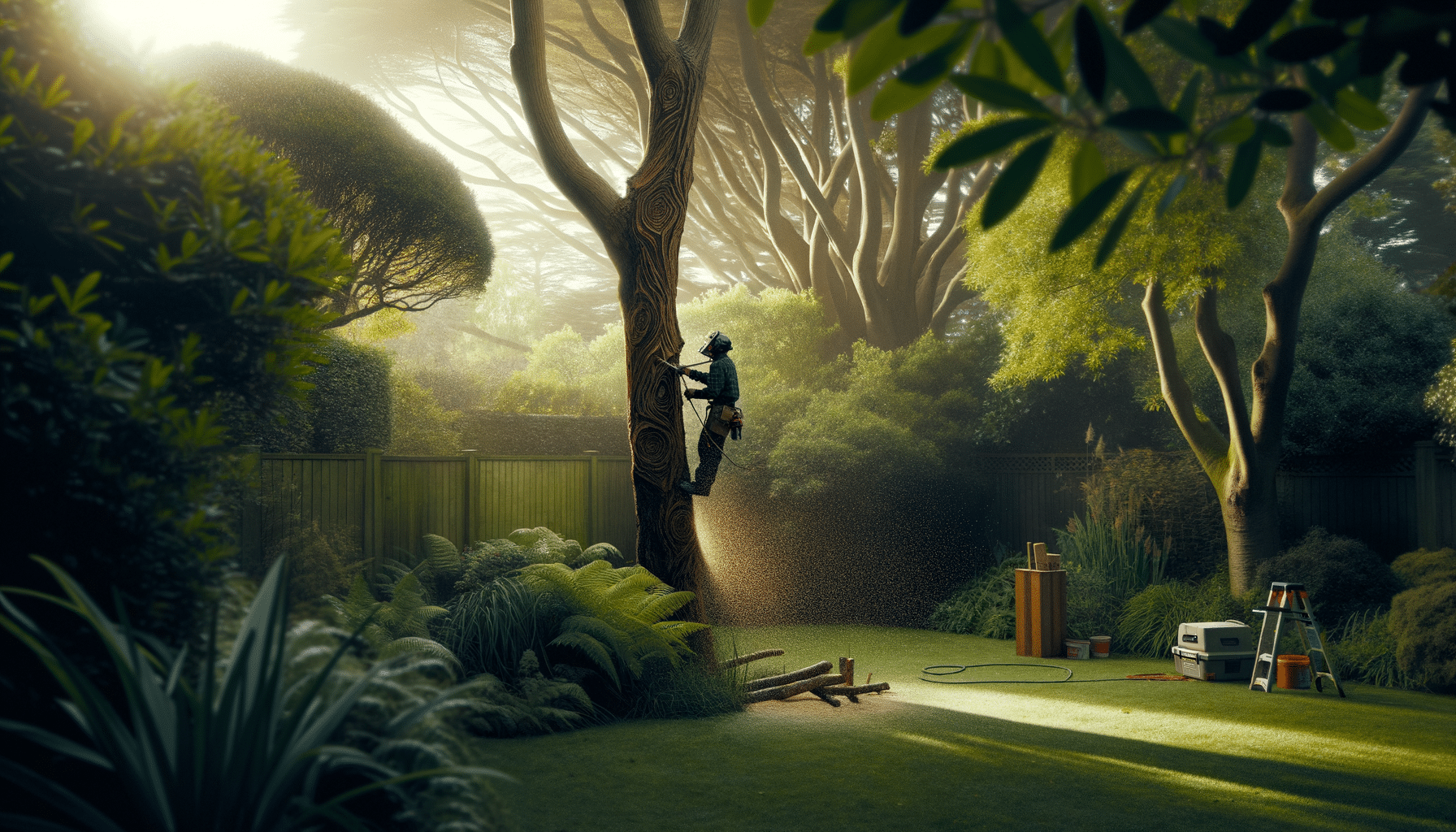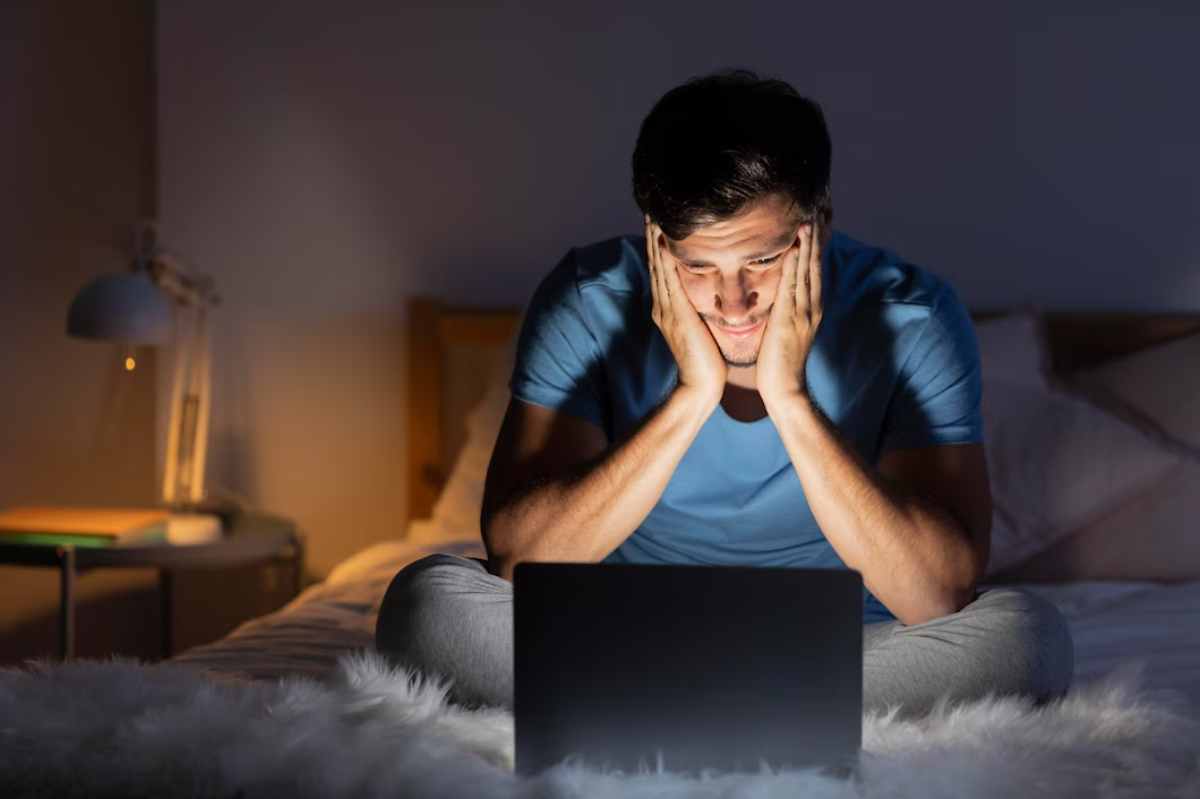
How Blue Light Affects Sleep & How to Reduce It
We now face screens all the time with smartphones, tablets, computers, and TVs. Even with all the help technology provided during COVID-19, we now face issues. Too much screen time and sleep issues are at epidemic levels. Blue light exposure is a major problem. It disrupts the body’s sleep-wake cycle and harms sleep quality.
In this guide, you will learn how blue light affects sleep. Learn how melatonin is made, and find tips to cut down on blue light.
What Is Blue Light?
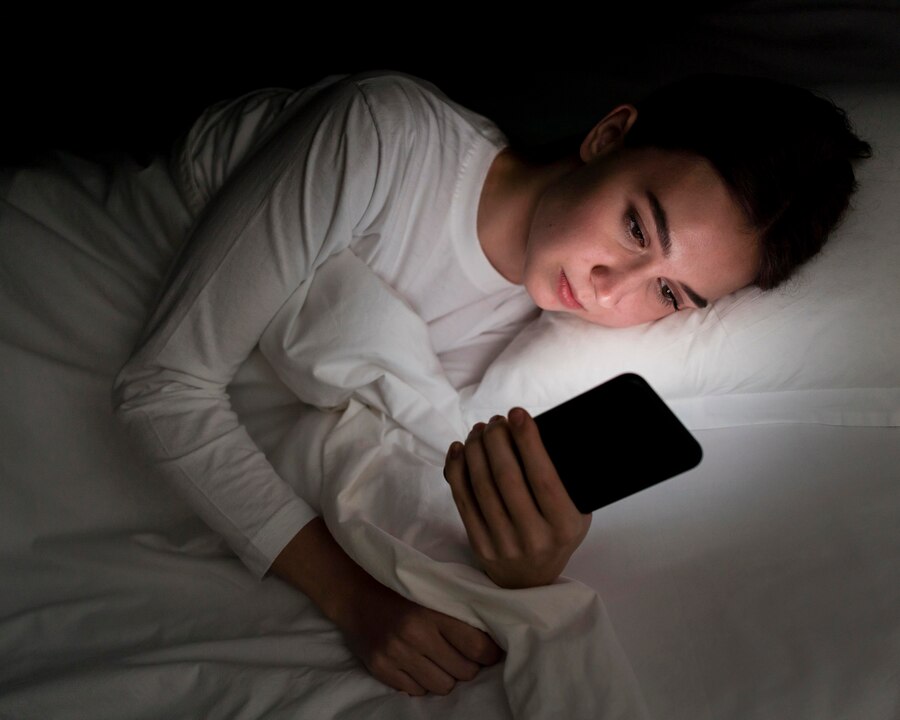
Blue light is a high-energy light with a short wavelength. It comes from digital screens, LED lights, and the sun. Natural blue light is good for you during the day. It helps with alertness, memory, and mood. But too much blue light at night can harm your sleep patterns.
Quick Guide: How to Reduce Blue Light for Better Sleep
- What is Blue Light?
A high-energy light from screens and LED lighting that can disrupt sleep when overused at night. - Why It Disrupts Sleep
It suppresses melatonin, delays deep sleep, and causes more nighttime awakenings. - Top Sources of Blue Light
Smartphones, computers, tablets, LED lighting, and TVs. - Signs It’s Impacting You
Trouble falling asleep, morning grogginess, eye strain, and more screen-time dependency. - How to Reduce Exposure
Use blue light filters, wear blocking glasses, implement digital detox hours, and switch to warm lighting. - Bonus Tips
Spend more time in natural daylight, keep screens out of the bedroom, and encourage tech-free evenings for kids.
Pro Tip
Start small: Begin with just 30 minutes of screen-free time before bed. Replace scrolling with reading a physical book or journaling. You’ll be surprised how much more rested you feel in just a few days.
Important
Blue light doesn’t just affect sleep—it can influence your mood, mental clarity, and overall health. Reducing nighttime exposure helps reset your circadian rhythm and supports long-term well-being.
Sources of Blue Light
- Smartphones and tablets
- Computer and TV screens
- LED and fluorescent lighting
- Gaming consoles and e-readers
- Indoor lighting (especially white and blue LED bulbs)
How Blue Light Disrupts Sleep
1. Suppresses Melatonin Production
Melatonin helps control the body’s circadian rhythm or internal clock. Blue light at night tricks your brain into thinking it’s daytime. This suppresses melatonin production, making it harder to fall asleep.
2. Delays REM Sleep and Deep Sleep
Studies show that blue light exposure before bed leads to less REM sleep and reduced deep sleep. Both of which are essential for memory consolidation, emotional regulation, and overall well-being.
3. Increases Sleep Latency (Time to Fall Asleep)
The more screen time you have before bed, the longer it takes to fall asleep. Two hours of screen time can delay sleep. This can lead to sleep deprivation over time.
4. Leads to Fragmented Sleep
Using screens too much at night can cause you to wake up often and disrupt your sleep. This leads to poorer quality rest. You should work on reducing nighttime awakenings.
Signs That Blue Light Is Affecting Your Sleep
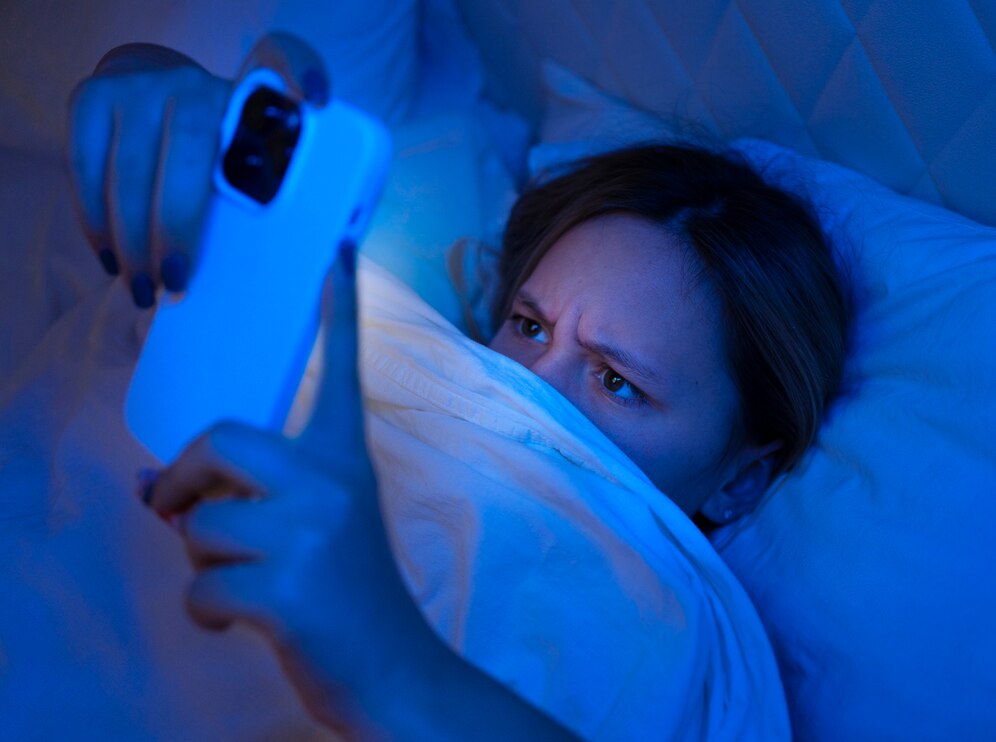
- Difficulty falling asleep despite feeling tired
- Waking up frequently throughout the night
- Feeling groggy or unrested in the morning
- Experiencing eye strain or headaches after screen use
- Increased dependence on caffeine due to poor sleep quality
How to Reduce Blue Light Exposure at Night
1. Implement a Digital Detox at Night
- Reduce screen usage at least one hour before bed.
- Establish a relaxing, screen-free nighttime routine (reading a book, meditation, or stretching).
- Set a digital curfew for kids and teenagers to develop healthy sleep habits.
2. Use Blue Light Blocking Glasses
- Wear blue light-blocking glasses in the evening to filter out harmful wavelengths.
- Studies show that blue light filters can raise melatonin levels. This helps improve sleep quality.
3. Enable Night Mode on Devices
- Many smartphones, tablets, and computers have a Night Mode or Blue Light Filter. This setting cuts down blue light emission.
- Adjust the colour temperature of your screen to a warmer tone.
4. Switch to Warmer, Dim Lighting
- Use dim, warm-colored light bulbs instead of bright LED lights.
- Opt for amber or red-hued lamps in the bedroom to minimise blue light exposure.
- Consider using smart lighting systems that automatically adjust brightness and colour temperature.
5. Get Natural Sunlight During the Day
- Getting natural daylight in the morning helps manage melatonin. It also supports your body’s sleep-wake cycle.
- Spend at least 30 minutes outside in natural sunlight.
- If you work indoors, sit near a window or use a daylight-mimicking lamp.
6. Consider Blue Light Filtering Apps
- Apps like f.lux, Twilight, and Night Shift adjust your screen’s colour temperature based on the time of day.
- These filters can reduce eye strain and minimise blue light’s impact on sleep.
7. Avoid Bright Screens Right Before Bed
- If you must use screens at night, reduce brightness and switch to a warmer colour scheme.
- Try listening to audiobooks or podcasts. They’re better than watching videos or scrolling through social media.
8. Create a Sleep-Friendly Environment
- Keep your bedroom cool and dark to promote melatonin production.
- Use blackout curtains to eliminate exposure to artificial light from outside.
- Remove electronic devices from the bedroom to avoid unnecessary stimulation before bedtime.
9. Practice Good Sleep Hygiene
- Maintain a consistent sleep schedule, going to bed and waking up at the same time every day.
- Avoid caffeine, alcohol, and heavy meals close to bedtime.
- Try relaxation techniques such as deep breathing, progressive muscle relaxation, or guided meditation.
10. Use Red Light Therapy at Night
- Red light has a longer wavelength and is less likely to disrupt melatonin production.
- Using red or amber nightlights can provide visibility without negatively affecting sleep.
The Impact of Blue Light on Children & Teens
Kids and teens are more sensitive to blue light. Their eyes soak up more blue light than adults’ eyes do. This can lead to:
- Increased bedtime resistance
- Shortened sleep duration
- Difficulty waking up for school
- Reduced academic performance due to daytime sleepiness
To minimise these effects:
- Set device-free zones in the bedroom.
- Encourage outdoor play and natural light exposure during the day.
- Educate kids on the importance of reducing screen time before bed.
Blue Light and Its Effect on Mental Health
Too much blue light, especially at night, can affect mental health. Some concerns include:
- Increased anxiety and stress levels
- Higher risk of depression due to circadian rhythm disruptions
- Reduced ability to manage emotions due to poor REM sleep quality
Reducing blue light exposure can boost sleep quality. It also helps improve mood, cognitive function, and emotional resilience.
5 Frequently Asked Questions (FAQs)
- How long before bed should I stop using screens?
Aim to avoid screens at least 60 minutes before bedtime to allow melatonin to rise naturally. - Do blue light glasses really work?
Yes, research shows that blue light-blocking glasses can help preserve melatonin levels and improve sleep quality when used consistently in the evening. - Is all blue light harmful?
No. Blue light during the day is actually beneficial for alertness and mood—it’s the nighttime exposure that disrupts your sleep. - Are kids more affected by blue light?
Yes, children’s eyes absorb more blue light, which can interfere with their sleep and focus. Limiting screen time in the evening is especially important for them. - Can I still use my phone at night with filters on?
You can, but it’s best to reduce usage altogether. Blue light filters help, but they don’t fully eliminate the effects. Using your phone less before bed is the most effective option.
Blue Light Reduction for Your Health
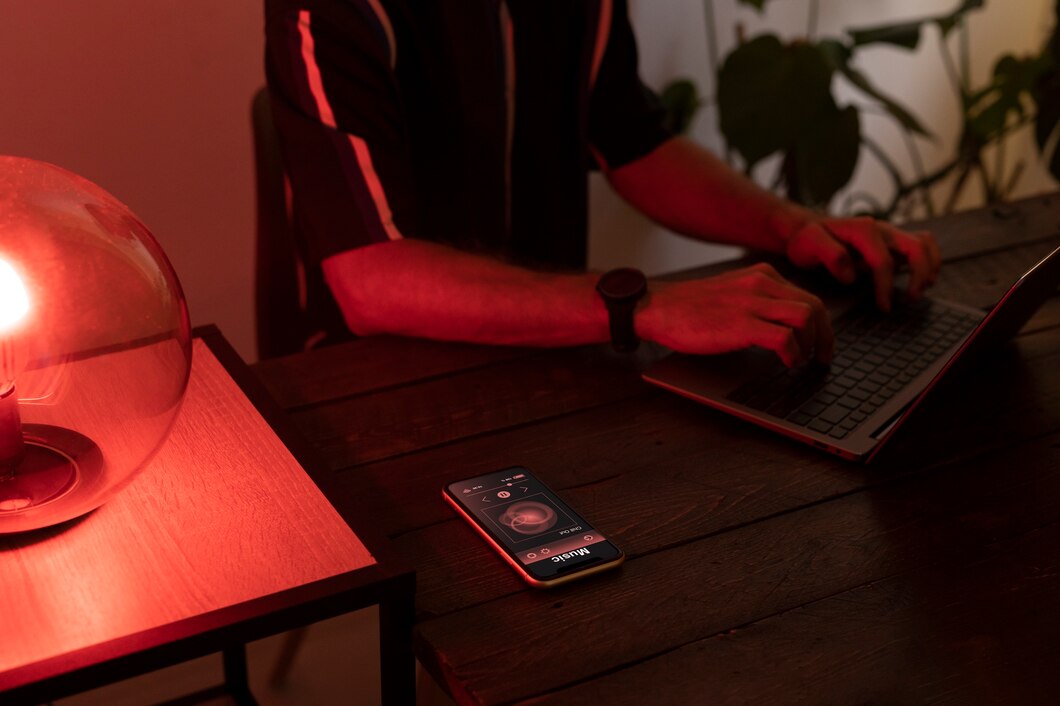
Blue light disrupts melatonin secretion, REM sleep, and overall sleep quality. The effect depends on the amount of blue light. Too much blue light at night can be as harmful as too little. You can improve your sleep by making small changes. Limit screen time before bed, use blue-light filters, and optimise your sleep environment. Children especially should reduce blue light exposure before bedtime.
Taking a break from screens at night is key. A digital detox at night is a must for everybody. It helps you sleep better. Plus, it improves your health, mood, and overall productivity. Making these changes will help you get a deeper, more restorative sleep.
